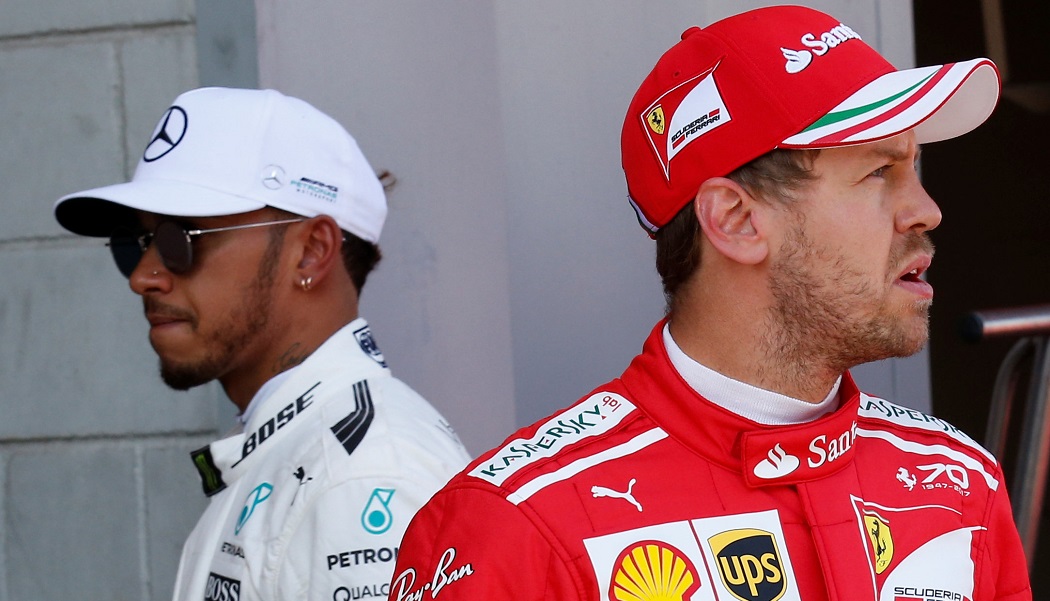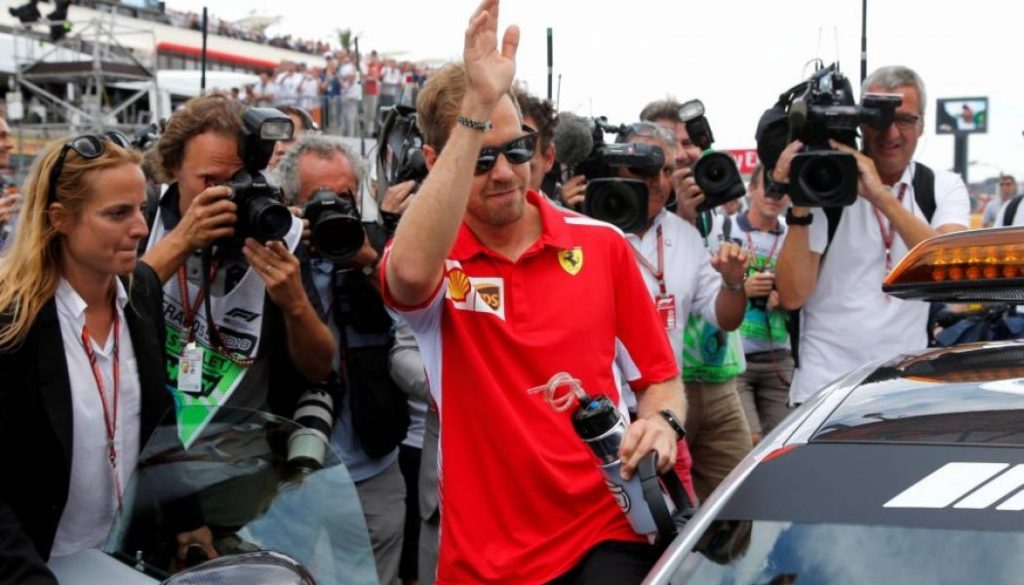Digital Cafe: “Having A Social Presence Is Going To Be One Way Up-And-Coming Athletes Demonstrate To Sponsors They Have Value”
September 14, 2020
For the Digital Cafe this week, David Granger takes a look back at the last time an Italian Grand Prix was won by the “other” team and how different sportspeople view and use social to boost their profile. Or, in one notable case, decide not to…
Social: a time-stealer or vital athlete brand-building?
September 14, 2008 was special for a couple of reasons in Formula One (it was my birthday as well, but that’s not important now. It was at the time). That Italian Grand Prix was the first pole for a Red Bull-owned team, it was Sebastian Vettel’s first F1 victory, and it was Toro Rosso’s only win. Ever.
That team was re-badged and re-born this year and their driver Pierre Gasly became the first Scuderia AlphaTauri race winner just over two weeks ago at the same track.
“What will be interesting is how the fanbase built up during a sporting career is maintained and used post-competition.”
I worked as the digital and social manager for Toro Rosso in 2008. And there were very, very mixed emotions in the motorhome at Monza. A Red Bull Technology victory? We’ll take that. But a Scuderia Toro Rosso win? Not a victory for Red Bull Racing’s Webber or Coulthard… that wasn’t on the script.

Vettel has always been one to avoid the hype of social media
I’m not sure who was in charge of the playlist at the Energy Station (the Paddock headquarters for both Toro Rosso and Red Bull Racing), but dropping Always Look On The Bright Side of Life as the Italian half celebrated was either the work of an ironic genius, or some who hadn’t read the lyrics.
Livery and name aside, one other difference between the 2008 victory and the 2020 one is the drivers themselves and their attitude and application to the self-promotion. Gasly is second generation digital. He’s not merely a native, he’s been brought up understanding the power of social to his personal brand, his worth to sponsors and longevity post-racing.
Sebastian Vettel has always infamously been an exception – from an early stage he objected to social media; ‘I have never tried it so I’m not missing it.’ he told Formula1.com. And, back in the 2000s. while Mark Webber was launching the @AussieGrit handle, Sebastian was, and has remained a non-believer. He’s brilliant at one-on-one interaction, great value at Q&A sessions and will always take the time to speak face-to-face to fans. But digital? That’s another story. He has always been focussed to the point of obsession and anything which didn’t help him drive faster (like website, like social) was stealing his time.
Compare and contrast that with Gasly who has:
357.4K Twitter followers
39.6k followers on Twitch (see? he’s definitely second generation)
1.2 million followers on Instagram
He can see the value of social to him, his brand and – arguably – his sponsors.
What will be interesting is how the fanbase built up during a sporting career is maintained and used post-competition. It used to be that soccer players became landlords and opened a pub (I can think of at least two former Leicester City footballers who swapped playing for pulling pints in the 70s), because they had access to an audience ready to hear tales of former glories. This generation of sportspeople won’t need to invest in a pub, their platform will be online. But, they need to put the effort in now to grow their audiences, and it doesn’t have to be a sporting one either.
This year we’ve seen current sportspeople like Marcus Rashford and Lewis Hamilton and former stars such as Gary Lineker speak to their fans and followers about subjects way beyond sport. Social gives them the chance to be less than completely filtered by the comms department, but also build their brand beyond footballer or racing driver.
“Having a social presence is going to be one way up-and-coming athletes demonstrate to sponsors they have value (value = audience), that they understand and work towards self-promotion.”
That increase in follower spectrum means they – potentially – are extending their longevity in the public eye. For Sebastian Vettel, who pre-dated the F1 social goldrush and declined to be swept up by it, it probably won’t affect his standing or his ability to earn money post-racing.
But, having a social presence is going to be one way up-and-coming athletes demonstrate to sponsors they have value (value = audience), that they understand and work towards self-promotion and once they finish their careers they have a portfolio of audiences: social and sport to tell those pub tales to. For this generation of athletes, riders and drivers, it will be as important to get their social right early on as their physical and mental well-being.
All this being said though, it’s doubtful whether Seb will cave in and sign up to Twitch anytime soon. Actually, not doubtful. He won’t.

